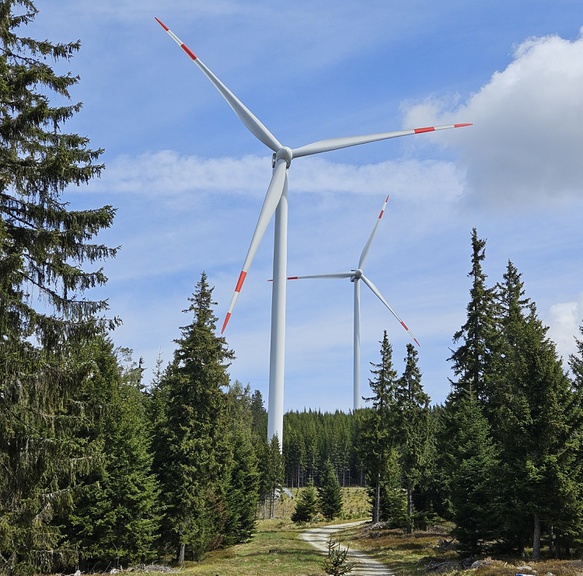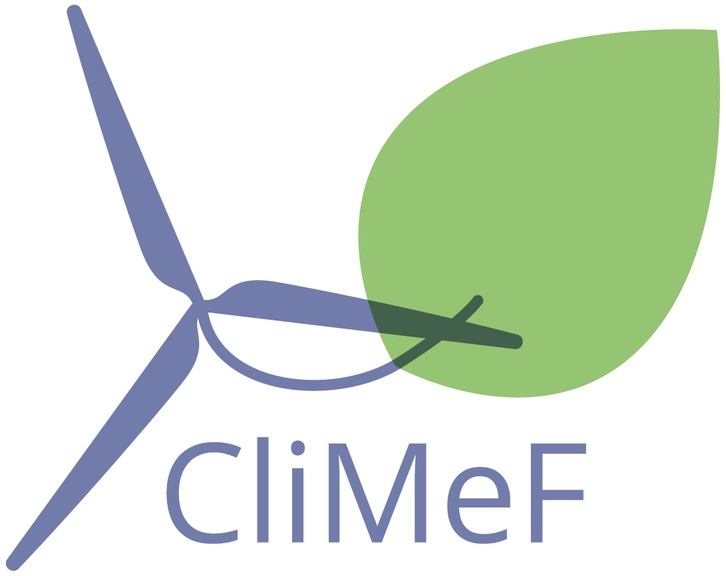Jessica Richter bei der 16. Konferenz der European Sociological Association
 Vom 27. bis 30. August findet die 16. Konferenz der European Sociological Association in Porto, Portugal statt. Dies diesjährige Konferenz bringt mehr als 4000 Soziolog*innen aus Europa und anderen Kontinenten unter dem Motto „Tension, Trust and Transformation“ zusammen.
Vom 27. bis 30. August findet die 16. Konferenz der European Sociological Association in Porto, Portugal statt. Dies diesjährige Konferenz bringt mehr als 4000 Soziolog*innen aus Europa und anderen Kontinenten unter dem Motto „Tension, Trust and Transformation“ zusammen.
Mit Jessica Richter ist auch das IGLR vertreten. Der Vortrag „Creating Trust and Tension: Framing Climate Change in Media and Public Debate“ präsentiert erste gemeinsame Ergebnisse des Projekts „Climate Media Frames“ an der FH St. Pölten, an dem das IGLR als Partner beteiligt ist. Zum Projektteam gehören außerdem Georg Vogt (Projektleiter), Andreas Gebesmair, Yulia Belinskaya und Johanna Daser.

Abstract des Vortrags:
Creating Trust and Tension: Framing Climate Change in Media and Public Debate
Trust in the context of climate change discourse involves the reliance on scientific evidence, official institutions, and communication channels. In this sense, the role of the media in disseminating scientific findings, policies, and positions of social players is crucial in shaping public trust. Up to now, however, there is little research into how the media present climate change and combine visual and textual media.
This talk presents an interdisciplinary study exploring climate change media discourse that draws on perspectives from history, sociology, communication science, and film analysis. The investigation focuses on the media's role in shaping public trust in climate change in Austria, addressing regional dynamics.
Adopting a multimodal approach, the research analyses both textual and video sources reporting on two specific cases, spanning from the 1970s to the present: 1) the media coverage on soy, exploring its centrality in the global food regime and its symbolic significance in discussions about alternative lifestyles and sustainable development. 2) Struggles surrounding wind turbines, considering their role as alternatives to fossil fuels and the conflicts they invoke in regional and local contexts. The study examines framing processes, visual arguments, fields of action, and the interplay of frames across time, medium, and journalist perspectives.
The authors present their ideas for the development of a systematic methodological framework based on framing analysis. This approach is aimed to be applicable to diverse cases, enriching the understanding of climate communication across perspectives and time frames.
Foto: privat